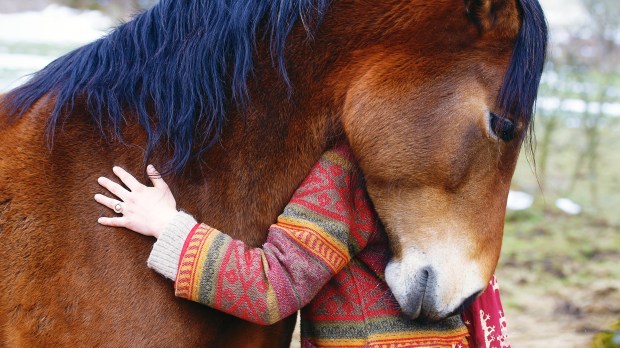In recent years, much has been discussed in the world and in the Catholic Church about humanity’s role in caring for the environment. It is something we can no longer neglect, as our technology and consumerist culture seek to dominate the world and its resources.
The Catechism of the Catholic Church connects our care of creation to the 7th commandment, “You shall love your neighbor as yourself.”
The seventh commandment enjoins respect for the integrity of creation. Animals, like plants and inanimate beings, are by nature destined for the common good of past, present, and future humanity. Use of the mineral, vegetable, and animal resources of the universe cannot be divorced from respect for moral imperatives. Man’s dominion over inanimate and other living beings granted by the Creator is not absolute; it is limited by concern for the quality of life of his neighbor, including generations to come; it requires a religious respect for the integrity of creation
CCC 2415
All of creation is interconnected, and so our treatment of nature is inevitably linked to our treatment of human beings.
Furthermore, this commandment directs our treatment of animals.
Animals are God’s creatures. He surrounds them with his providential care. By their mere existence they bless him and give him glory. Thus men owe them kindness. We should recall the gentleness with which saints like St. Francis of Assisi or St. Philip Neri treated animals.
God entrusted animals to the stewardship of those whom he created in his own image. Hence it is legitimate to use animals for food and clothing. They may be domesticated to help man in his work and leisure. Medical and scientific experimentation on animals is a morally acceptable practice if it remains within reasonable limits and contributes to caring for or saving human lives.
CCC 2416-2417
Yet, at the same time, the Church teachesagainstloving animals more than humans.
It is contrary to human dignity to cause animals to suffer or die needlessly. It is likewise unworthy to spend money on them that should as a priority go to the relief of human misery. One can love animals; one should not direct to them the affection due only to persons.
CCC 2418
We have been given a weighty task as humans, being stewards of God’s beautiful creation. It is up to us to preserve it, but always keeping the human person in mind, knowing that our care of the environment is for our own sake and for future generations.



